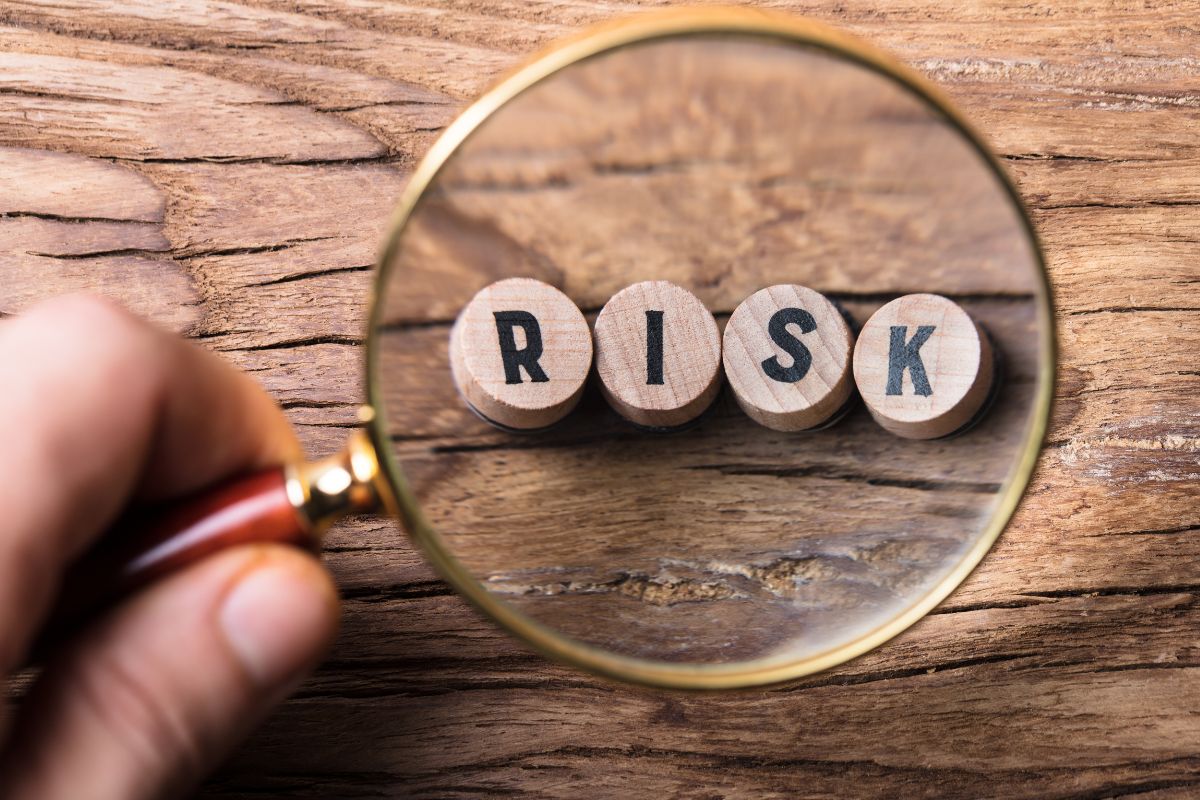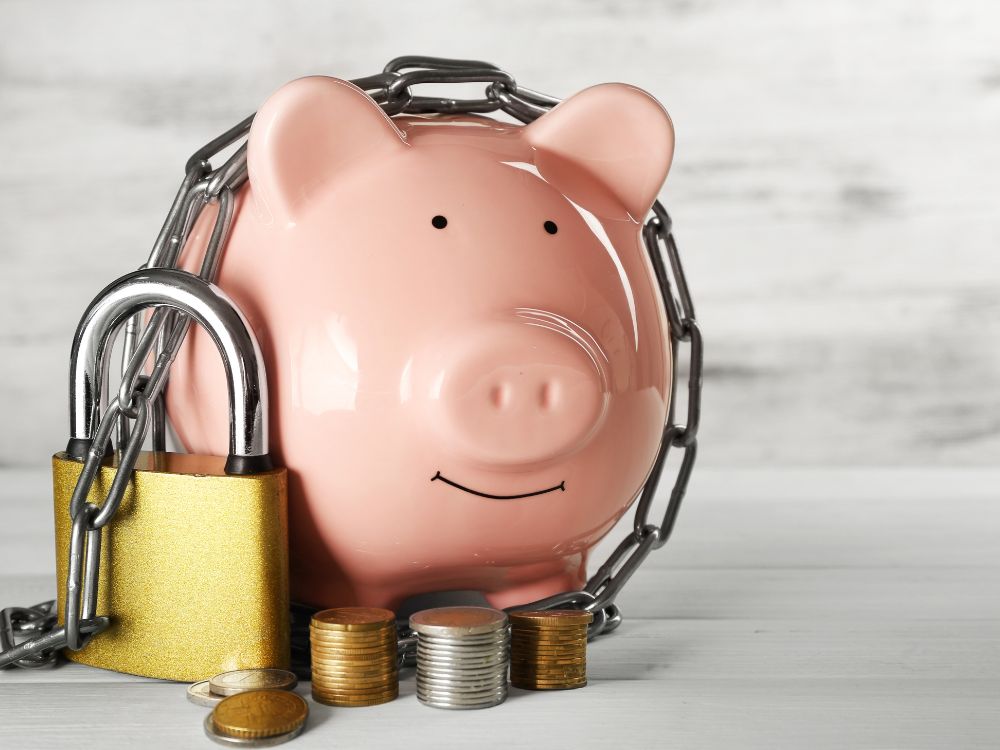Introduction: The Illusion of Financial Invincibility
For many of my clients, a healthy balance sheet is a badge of honour. It's the tangible proof of years of hard work, smart decisions, or a legacy well-stewarded. The logical assumption is that with significant cash reserves or a portfolio of liquid assets, you're prepared for any eventuality. After all, why pay for a safety net when you've already built your own fortress?
It's a seductive argument and one that I hear often. However, it's also a dangerous illusion. A large cash reserve is a valuable tool, but it's not a strategic asset. It's like having a well-stocked pantry. It's fantastic for a short-term crisis a week-long power cut, for instance but it won't rebuild your home after a fire. True financial security isn't about the size of your reserves; it's about the resilience of your entire financial ecosystem. This month, which sees a national awareness campaign on breast cancer, we're cutting through the common objections to explore why even the wealthiest individuals need to think about financial protection, not as an added expense, but as a non-negotiable component of their wealth preservation strategy.

The Capital-Erosion Trap
Relying solely on your savings to cover the fallout of a major life event, such as a critical illness, is a form of financial self-sabotage. It sets in motion a vicious cycle I call the "capital-erosion trap." Here’s how it works:
- The Problem of Scale: The cost of a serious illness or a major personal crisis can be astronomical. A critical illness could sideline a business owner for months or even years. The income loss alone can rapidly burn through millions in reserves. These are not costs you can simply budget for; they can quickly outstrip even a very healthy savings account.
- The Opportunity Cost: Every pound sitting in a low-interest savings account or being used to cover a crisis is a pound not working for you. For a high-net-worth individual, that money should be invested in high-growth opportunities, or in assets that generate passive income. Using these funds for an emergency means sacrificing the potential for compound growth and long-term returns. It’s a classic case of short-term necessity undermining long-term prosperity.
- The Tax Inefficiency: Cash reserves used in an emergency are a blunt instrument. They are funded with post-tax income, and any interest earned could be subject income tax. Financial protection products, on the other hand, are often structured to be highly tax-efficient. A lump sum from a critical illness policy or a payout from a life insurance trust can be received tax-free, meaning the full benefit goes to you or your beneficiaries. Learn more about how we incorporate tax planning as part of our holistic financial planning service.

Strategic Assets: The Role of Financial Protection in a Comprehensive Plan
Financial protection should not be viewed as a cost but as a strategic asset, each type playing a specific role in your overall plan.
- Income Protection: Protecting Your Human Capital: For the business owner or high-earning executive, your greatest asset is your ability to generate income. An income protection policy is a sophisticated way to insure this asset. It provides a regular, usually tax-free income stream if you're unable to work due to illness or injury. This ensures that your long-term investments remain untouched, allowing your wealth to continue to grow while you focus on recovery.
- Critical Illness Cover: Preserving Your Core Investments: Critical illness cover provides a one-off, tax-free lump sum upon the diagnosis of a specified serious illness. This money can be used to pay for private medical treatment, home modifications, or to cover living expenses. Its primary purpose is to prevent you from being forced into a "fire sale" of assets liquidating stocks, selling property, or borrowing against your business at the worst possible time.
- Life Insurance: A Legacy and Estate Planning Tool: For a high-net-worth individual, life insurance is less about covering a mortgage and more about managing a legacy. It can be used to mitigate Inheritance Tax (IHT) liabilities, ensuring your wealth is passed on to your loved ones intact. By placing the policy in a trust, the proceeds fall outside of your estate, and beneficiaries can access the funds quickly without waiting for probate.
Learn more by reading our article: What is Financial Protection
"Many successful people fail to see that their personal finances are as complex as the businesses they run. You wouldn’t run a business without key person insurance or a contingency fund. Your personal finances are no different. Financial protection isn't an 'extra'; it's the professional, and prudent, way to manage your most significant risks."
– Keely Woods, Chartered Financial Planner, Lucent Financial Planning

Your Personal Risk Assessment: Factors to Consider
Deciding on the right level of financial protection is a deeply personal and strategic decision. It requires a detailed risk assessment.
- How Long Will Your Savings Last? Do the maths. If you lost your primary income, how long would your liquid assets last if you had to cover your and your family's lifestyle? For many, the answer is surprisingly short.
- Family and Dependents: Do you have a family who relies on your income or wealth for their lifestyle, education, or care? A robust protection plan ensures their future is secure, regardless of what happens to you.
- Business Continuity: For business owners, your personal health is intrinsically linked to the health of your company. Does your business have a plan to survive without you at the helm?
- Tax Efficiency: The UK tax landscape is complex. Financial products, such as Relevant Life Policies and policies written into trust, can be far more tax-efficient than relying on personal savings. This is a critical factor for a high-net-worth individual.
“In my experience, the biggest mistake people make is thinking of financial protection as an isolated purchase, not a core part of their holistic financial plan. The real value is in how it integrates with your other assets allowing you to maintain liquidity, preserve your investments, and navigate a crisis without a panic-induced asset sale. It is a strategic move that reflects a deep understanding of risk.”
– Ellie Pemberton, Financial Planner at Lucent Financial Planning
Listen to The Rollercoaster of Risk: How to Stay Sane While Investing on our Podcast Juggling Mind & Money
Conclusion: The Smart Money Bets on Security
In the end, this is not a choice between savings and security; it's a decision to use each for its optimal purpose. Your savings are for liquidity and short-term goals. Your investments are for long-term growth and prosperity. Financial protection is the shield that protects both.
The smart money doesn't just accumulate wealth; it protects it. It understands that the cost of inaction far outweighs the cost of a premium. It’s an investment in your peace of mind, your family’s security, and the enduring legacy you’ve worked so hard to build. Don’t let a moment of financial self-sufficiency today jeopardise the future you’ve meticulously planned for tomorrow. Get in touch if you would like to talk about financial protection.
Disclaimer: This article does not constitute financial advice. We recommend that you speak to a qualified financial planner for advice tailored to your individual circumstances and goals. Financial markets may go up or down, and you are not guaranteed a return on your investment. Past performance is not necessarily a guide to future performance.


.jpg)
.jpg)







.jpg)

